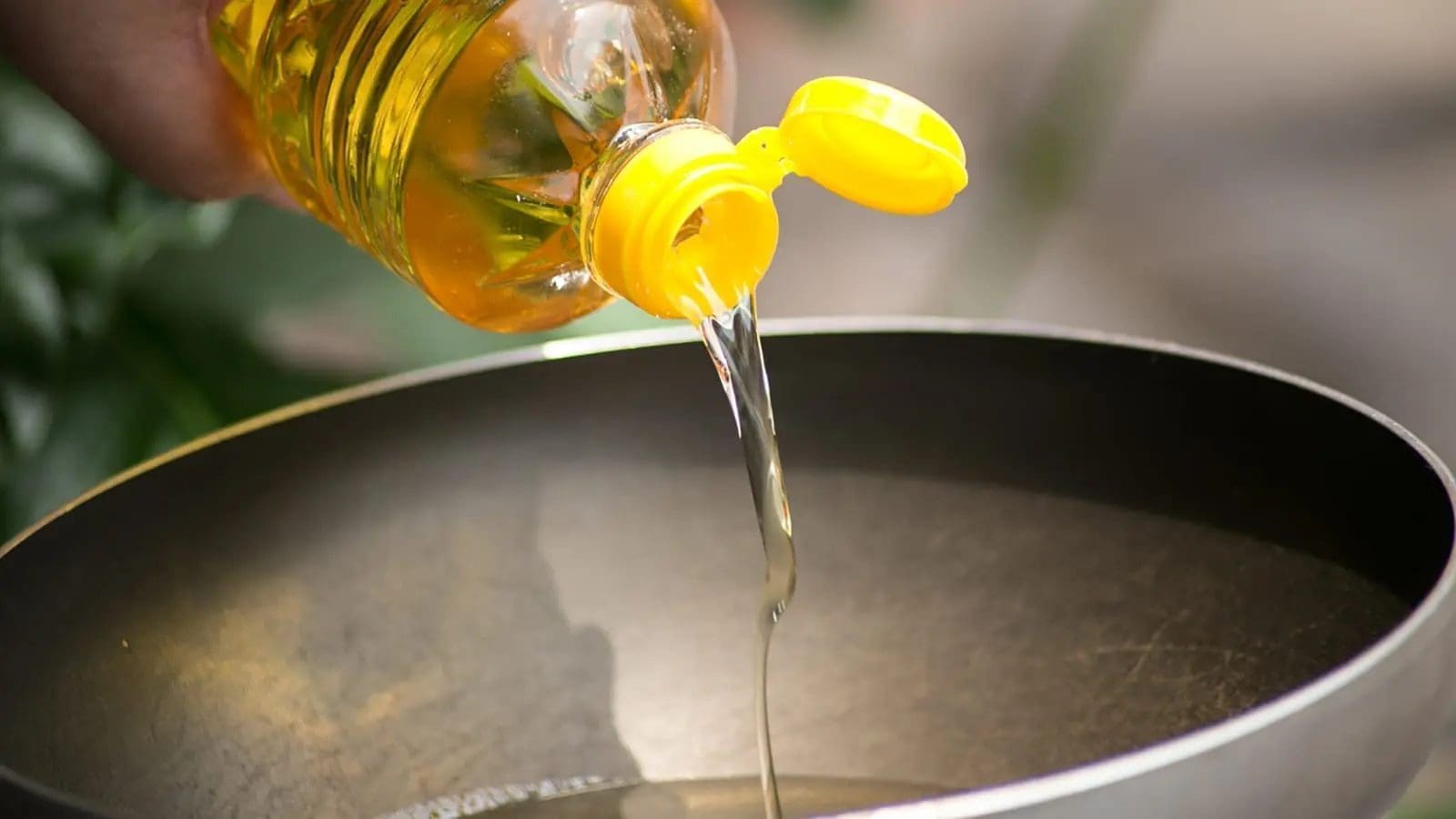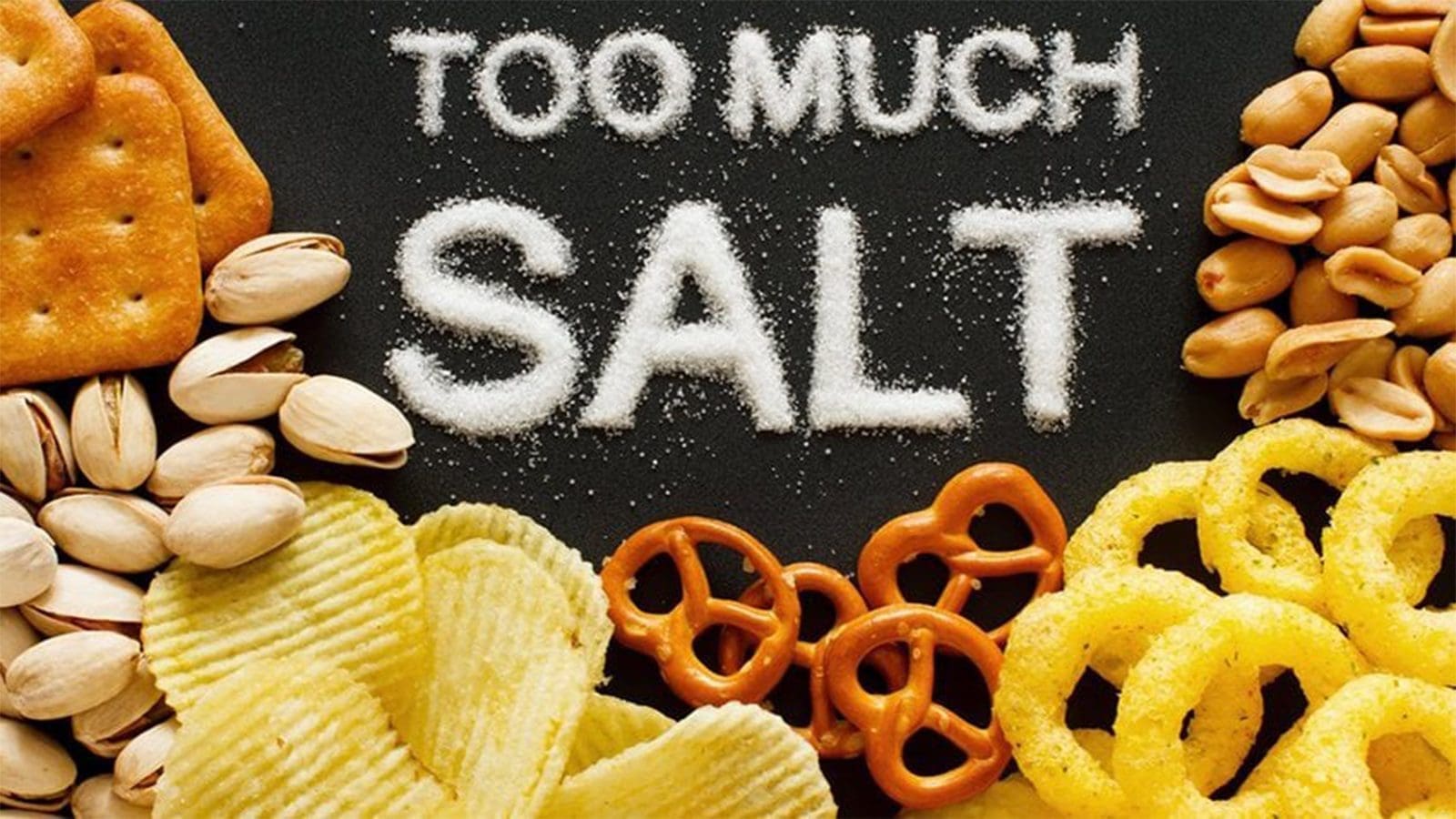KENYA – The Kenya Bureau of Standards (KEBS) has suspended the sale of ten brands of edible oil and fats in the market for failing to fulfil the acceptable standards and ordered for their immediate recall.
In a letter addressed to the Retail Traders Association of Kenya (RETRAK), the standards body highlighted it recently sampled and analyzed brands of edible oil and fats manufactured by various oil refineries in Kenya, in the interest of fulfilling its mandate of protecting the health and economic welfare of consumers and ensuring a level playing field.
The samples were drawn from retail outlets across the country and assessed against the requirements of the Standards Act and the respective product standard KS EAS 769: KS 2019 fortified edible oils & fats – specification in iron levels.
The standards set out the requirements for iron as 2.5mg/Kg max.
To this end, KEBS has requested RETRAK which draws its membership from supermarkets in the country, to ask its member retailers to recall the brands and remove them from their supply chains.
The brands in question include Bahari Fry, Gold and Pure Olive Gold, and Fresh Fri produced by Bidco Africa; Pwani Oil’s Fresh Fri with Garlic Oil, Fry Mate and Salit; Postman, Rina, and Tilly from Kapa Oil Refineries; and Menengai Oil Refineries’ Top Fry.
“Kindly note that this is not a ban on the brands but a temporary suspension to facilitate the protection of consumers from potentially unsafe products, safeguard the economic interests of manufacturers of compliant brands and allow the manufacturers of the non-compliant brand to initiate and put in place effective corrective action under KEBS supervision,” read the statement in part.
It has also directed that the withdrawn or quarantined products should undergo verification by KEBS before being placed back on the shelves.
Also, RETRAK has been informed to encourage its members to always validate the quality marks of the products stocked for sale and to remind them that any person found offering for sale substandard products, contravenes the law and is liable for prosecution.
“Through communication received so far at KEBS, the industry has confirmed that they have initiated corrective action including recall of the affected batches, extent analysts by testing their other brands plus the affected brands using KEBS labs, and other external accredited labs, and isolation/quarantine of all the affected batches,” highlighted KEBS in a communiqué.
KEBS said that it will continue with its consistent mandate of monitoring and testing the products in the market to ensure compliance with Kenya’s standards through its market surveillance department.
Further to that KEBS has fostered a partnership with the Kenya Association of Manufacturers to continually work closely together in fostering the mandate of each other.
To this end, KEBS and KAM have formed a technical committee that will be responding to such issues in future.
“This will ensure the products coming out of the production lines are in compliance with the standard before we issue further communique on the findings of our verification activity on the corrective actions implemented by the industry to restore normalcy,” stated KEBS.
Recently, the certification body announced the roll out of an automated system to manage the certification process.
The system which is expected to enhance efficiency of the certification process from application to certification, will encompass key features like e-application, e-quotations, e-planning of audits, e-certificates and collaboration platform.
Liked this article? Subscribe to Food Safety Africa News, our regular email newsletters with the latest news insights from Africa and the World’s food safety, quality and compliance. SUBSCRIBE HERE








